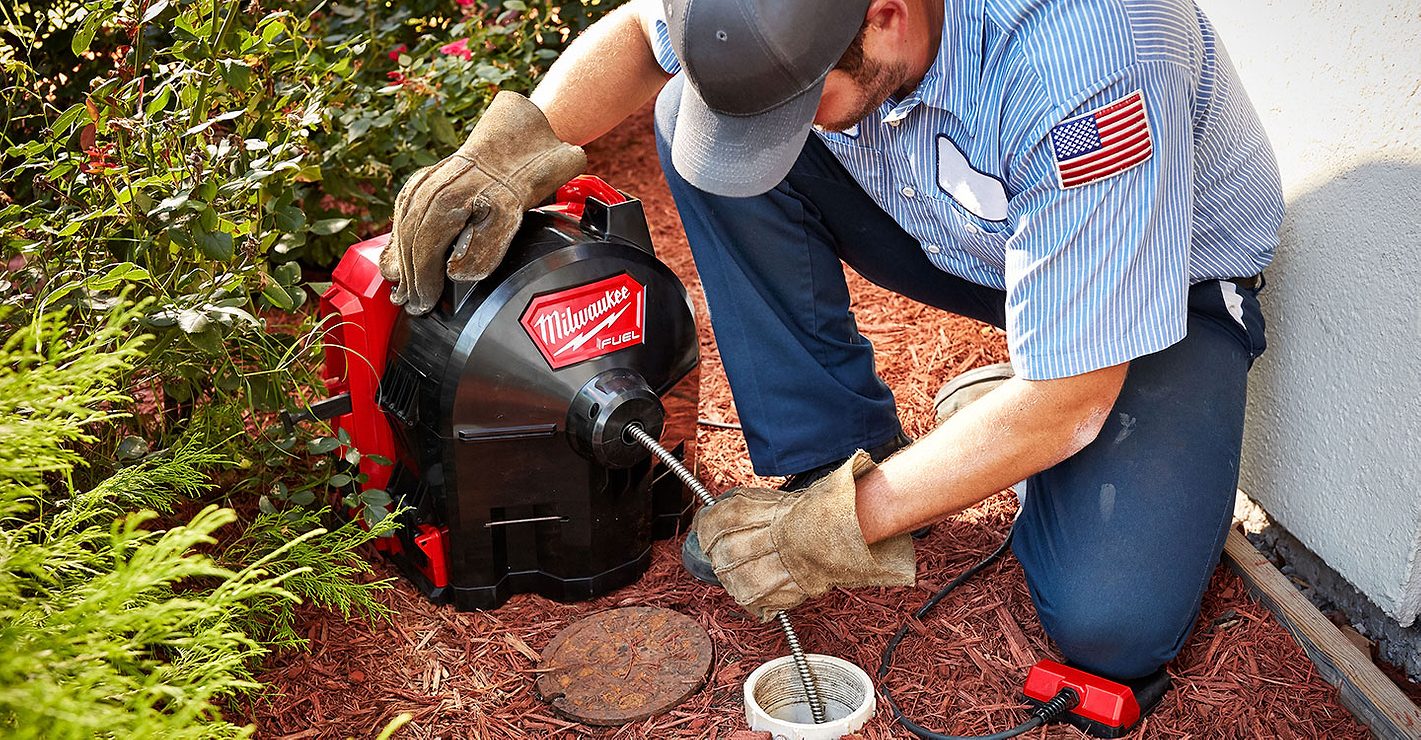Wet Heads can now take their own version of two North American Technician Excellence certification exams on hydronic heating. Beforehand, techs could be certified only on the air side.
The Gas Appliance Manufacturers Association's Hydronics Institute teamed up with NATE and developed the tests over the past 18 months. At the moment, the two NATE specialty tests cover either gas service or oil service. NATE and HI are still beta-testing the gas installation and oil installation exams, and expect those to be available within the next three months.
NATE is a certification program for techs in the HVACR industry supported by a number of trade associations, such as the Plumbing-Heating-Cooling Contractors - National Association.
To become certified, a tech must pass both a 50-question core exam followed by one of the 100-question specialty exams, such as the new hydronics service exams. A passing score is 70 percent; in other words, 35 of 50 questions on the core test and 70 of 100 on the specialty test. Certification lasts for five years, after which a technician must be recertified. Certified techs can add other certifications by passing additional specialty exams. Re-taking the core exam is not necessary.
NATE assures consumers that a knowledgeable tech will service their home heating or cooling system. Only contractors employing NATE-certified techs, for example, can be listed on NATE's “Consumer-Contractor Connection” Web page, and can request a free contractor marketing kit with logos, ad slicks, etc. Techs who pass NATE exams can have a NATE patch for their uniform and place NATE decals on their trucks.
The oil/gas hydronic heating service tests cover both service and installation knowledge. To help prepare for the exam, NATE's Web site includes what it refers to as the “knowledge areas of technician expertise” or KATEs, outlines for study that represent the skills a tech should possess to perform a specific job. Visit the NATE link below and click on “Information, Forms & Data,” listed in the white bar near the top of the home page. Once you access the IFD page, click on KATES listed on the left-hand side of the page.
According to the NATE Web site, techs with at least two years' experience that have completed some instruction from an educational institution, trade association, or other training source do best on the exams. Trade groups, such as the PHCC-NA, have worked with NATE to develop preparation courses. The NATE Web site suggests that the pass rate is higher for techs who take a prep class vs. those who have not.



